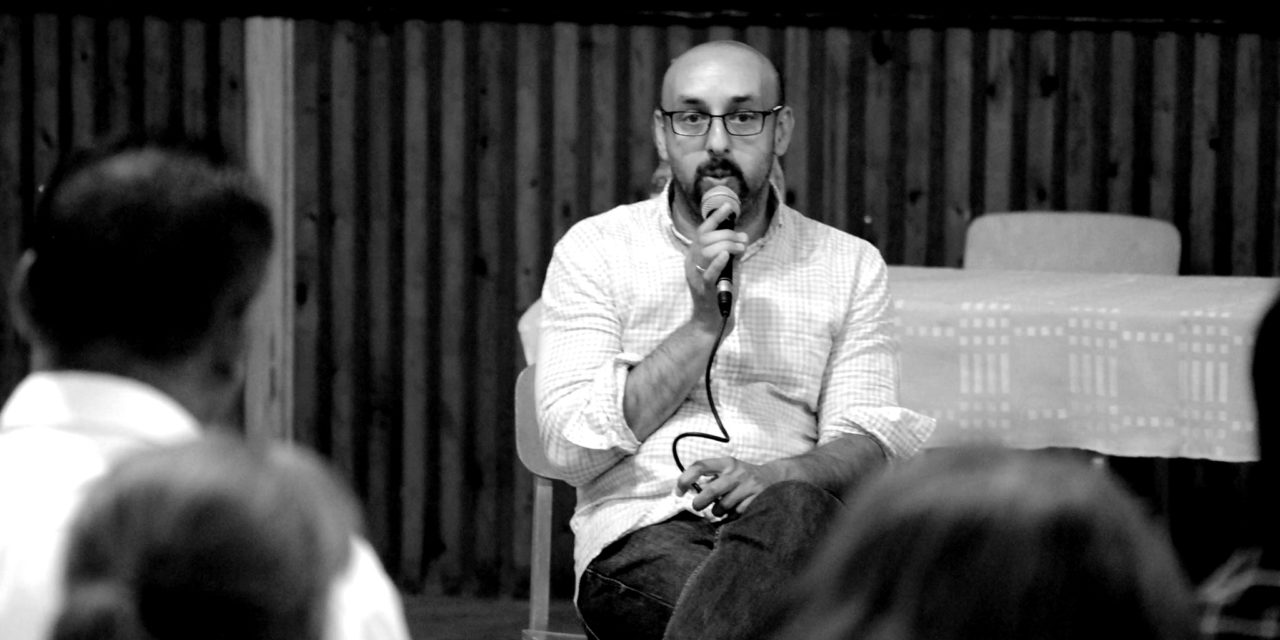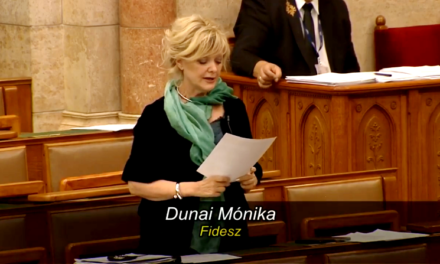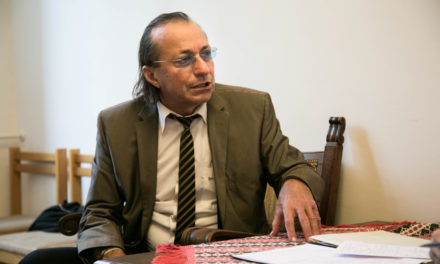First of all, it is not because Gypsyness does not exist in itself.
For years, I have been speaking, writing, speaking almost always and everywhere about the fact that the Hungarian Gypsies (more precisely, the Hungarian Gypsy communities) should not be viewed as a single homogeneous mass.
If someone does this, it can easily turn out like what happened with the parties of the opposition coalition almost throughout the campaign and on the day of the election: they wanted to see the Gypsies as something, they imagined something in the soul, heart, and mind of the (non-existent) Gypsies. , and then they couldn't help but be surprised that it could be completely different from what they thought it was before.
There is no gypsyism. Everyone should finally take note of this. And just as the gypsies don't want a gypsy Moses who will lead them out of slavery, they don't want a single Roma freedom fighter who has a dream, or even blames the majority for everything. Some may be like that. Others don't. In other words, Gypsies are also diverse and have many different views on the world. And if they are truly diverse, then it is seriously irresponsible to think that there can be a campaign, a program, a catchphrase, a motto, a password, anything that would surely drive them into a hole, and where their own, considered miserable community of fate tries to bite them in the mouth at all costs someone, and thus convince them of what would actually be good for them and where they should vote.
Since the 1990s, regarding the Gypsies, there has been a continuous approach in the political discourse that if you can get together and seize the many votes that are inherent in them, then how powerful it can be. They could even enter the parliament as an independent party, if they all voted for a party of their preference with a very large majority, or the political grouping that can put them on its side could definitely win the election. And this is where the left made the biggest mistake in recent years: it believed that the Gypsies would move unitedly in the direction that would offer them more, brighter, better than what the current government has provided in recent years. However, during the last twelve years - and especially the last four years - many gypsy people have come to the point where they believe much more in the real experiences that preceded the campaigns, which can be experienced by themselves, than in the promises, no matter how sugar-coated they may be.
An increasing number of people living in Hungarian gypsy communities have now learned to compare things, learned that their decisions should be considered. And what is even more important: many tens of thousands have come to the point where they mainly fight against schematization and generalization, that they now not only refuse to be lumped together with those they do not want to belong to, but also do so that the prejudices against gypsies should not be confirmed, at least with regard to them. This is a kind of awakening to a healthy self-awareness, in which the fact that until now it was a natural reaction to be indignant at being lumped together with other gypsies considered to be thieves, lazy, and violent, now many people are doing everything they can to ensure that the majority society sees this with their own eyes. see.
Something similar happened in the campaign. In many settlements, I have come across that the local gypsies proudly answered no to the question of whether they need the double family allowance or not. Because they are not like those who only need help and family support, they need work and a living. And it is now. And as long as there is, these times should be appreciated. And they are no longer like those who are still like that. I'm sure there will be people who understand this idea, even if it seems strange at first: if there is a civil rights movement, it is this one. If something is a strengthening of identity, an awakening to Gypsy self-awareness, then this is it. But not at the level of gypsyism, it doesn't exist. But at the level of gypsy communities and gypsy families, unique gypsy destinies, who and what certainly exist.
The opposition side sends three Gypsy representatives to the parliament. This should definitely be bottled. At the same time, the opposition parties themselves must realize that, in addition to loudly and visibly proving their Europeanness and their belief in participatory democracy, this actually did not offer them any political benefit. This decision was a failure. In a political sense, it certainly is. The stories of the three candidates are nice, likable, on the inside pages of international political weeklies. But at home the gypsies did not even shrug their shoulders at the news, in fact, the vast majority of them had no idea that they existed, that they were involved in politics. And although a serious catch-up policy chapter was prepared for the opposition's program, the opposition's program and its Roma chapter did not actually reach the rural communities. Almost no one among the average Gypsies wanted to hold lectures and professional debates about where the school district boundaries should be, whether the 18-year-old age limit for going to school would be good, or how it is necessary to act against educational segregation. However, these are really relevant questions, and we could have great discussions about them. But the opposition alliance continuously spoke to the two hundred intellectuals, primarily from the capital, about the catch-up policy it proposed to implement, who did not want to see anything else in these proposals, only that Orbán and the past twelve years pushed four or rather six million people into deep poverty, including it is also natural for the gypsies, who have nothing and no opportunity, i.e. they will be saved in a European way, if the Fidesz government, which tried to be seen as a skinner of the people, is finally replaced. The "two hundred" discussed this among themselves with great satisfaction. There was not one of them who would have checked whether all of this could be interpreted and applied to Gypsies. They must have been like him.
The reality, on the other hand, is that neither four nor six million people are in extreme poverty. Moreover, it is not true that the poverty would be so great that people would eat each other in the countryside, in Szabolcs, and only the double family allowance and mixed school classes could save them. Make no mistake, it is very difficult for a lot of people, but there are clearly fewer of them than before 2010. And this is the most important thing: there are fewer of them. And if the number of people who have problems making ends meet or who do not even have bread is decreasing, it still shows that some things are moving in the right direction.
Photo: István Forgács collection













